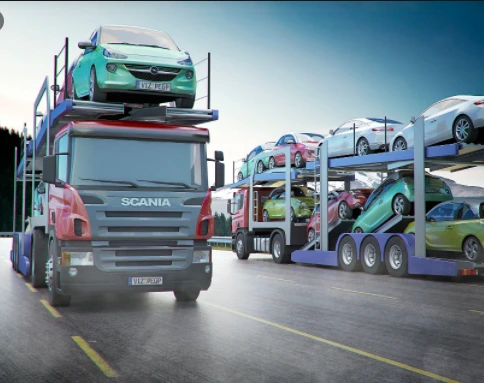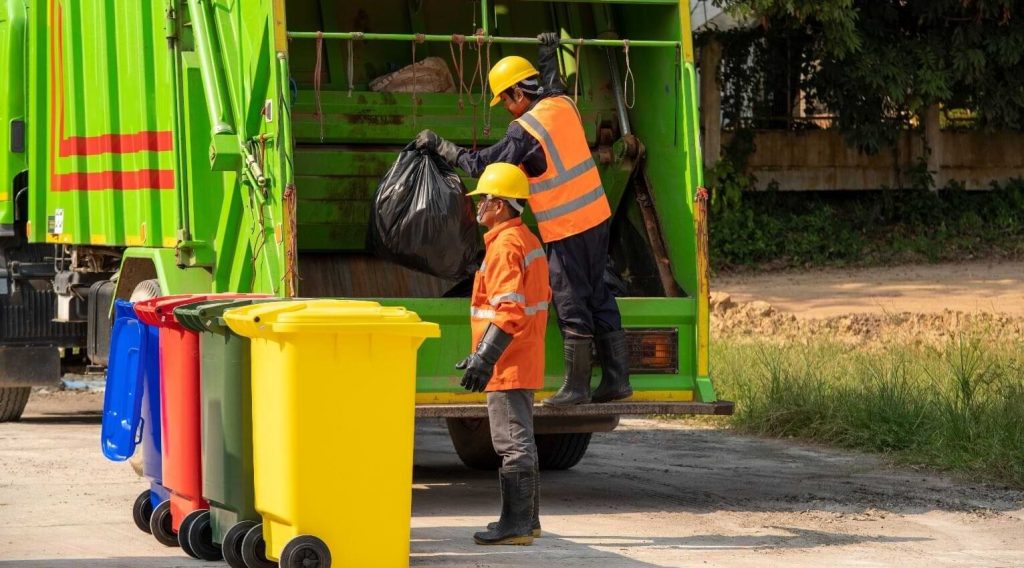Caring for an aging loved one can be emotionally challenging for families. Balancing safety, comfort, and independence often creates concern and uncertainty. Senior home care services offer a dependable solution, providing professional support while allowing seniors to remain in familiar surroundings. These services are designed to reduce stress for families and enhance quality of life for older adults. Convenient and trusted support is easy to find with a Home care provider near me.
Understanding the Need for Senior Home Care
As daily tasks become harder with age, consistent assistance becomes essential. Senior home care bridges the gap between independence and full-time medical care by offering personalized support at home. Families gain reassurance knowing trained caregivers are available to help with everyday needs and unexpected situations.
How Home Care Brings Peace of Mind
Peace of mind comes from knowing a loved one is safe, respected, and well cared for. Senior home care services focus on proactive assistance, emotional reassurance, and dependable routines that reduce risks and improve comfort.
Key benefits include:
- Continuous monitoring for safety and wellbeing
- Help with daily activities without loss of dignity
- Companionship that reduces loneliness and anxiety
- Support tailored to changing needs over time
This balanced approach helps families feel confident in their care decisions.
Personalized Care That Respects Independence
Every senior has unique needs, preferences, and routines. Home care services adapt to individual lifestyles, ensuring care feels supportive rather than intrusive. By encouraging independence where possible, seniors maintain confidence and self-worth, which positively impacts overall wellbeing.
Care plans often focus on:
- Assistance with personal hygiene and grooming
- Meal preparation aligned with dietary needs
- Medication reminders and routine support
- Light household tasks for a safe environment
Such personalized attention reassures families that no detail is overlooked.
Emotional Comfort for Seniors and Families
Beyond physical care, emotional support plays a vital role. Familiar surroundings combined with compassionate caregiving help seniors feel secure and valued. Families benefit from reduced worry, knowing their loved ones are not alone and are receiving consistent, empathetic attention.
This emotional stability often leads to:
- Improved mood and mental health
- Stronger daily routines
- Better communication between seniors and families
Reliable Support That Adapts Over Time
Aging needs can change unexpectedly. Senior home care services are flexible, allowing care levels to adjust as circumstances evolve. This adaptability ensures continuous support without disruptive transitions, offering families long-term peace of mind.
A Reassuring Choice for Modern Families
Choosing senior home care services is about trust, safety, and quality of life. Families gain confidence knowing their loved ones are cared for by trained professionals who prioritize dignity and wellbeing. With reliable in-home support, families can focus on meaningful moments, assured that compassionate care is always present.




